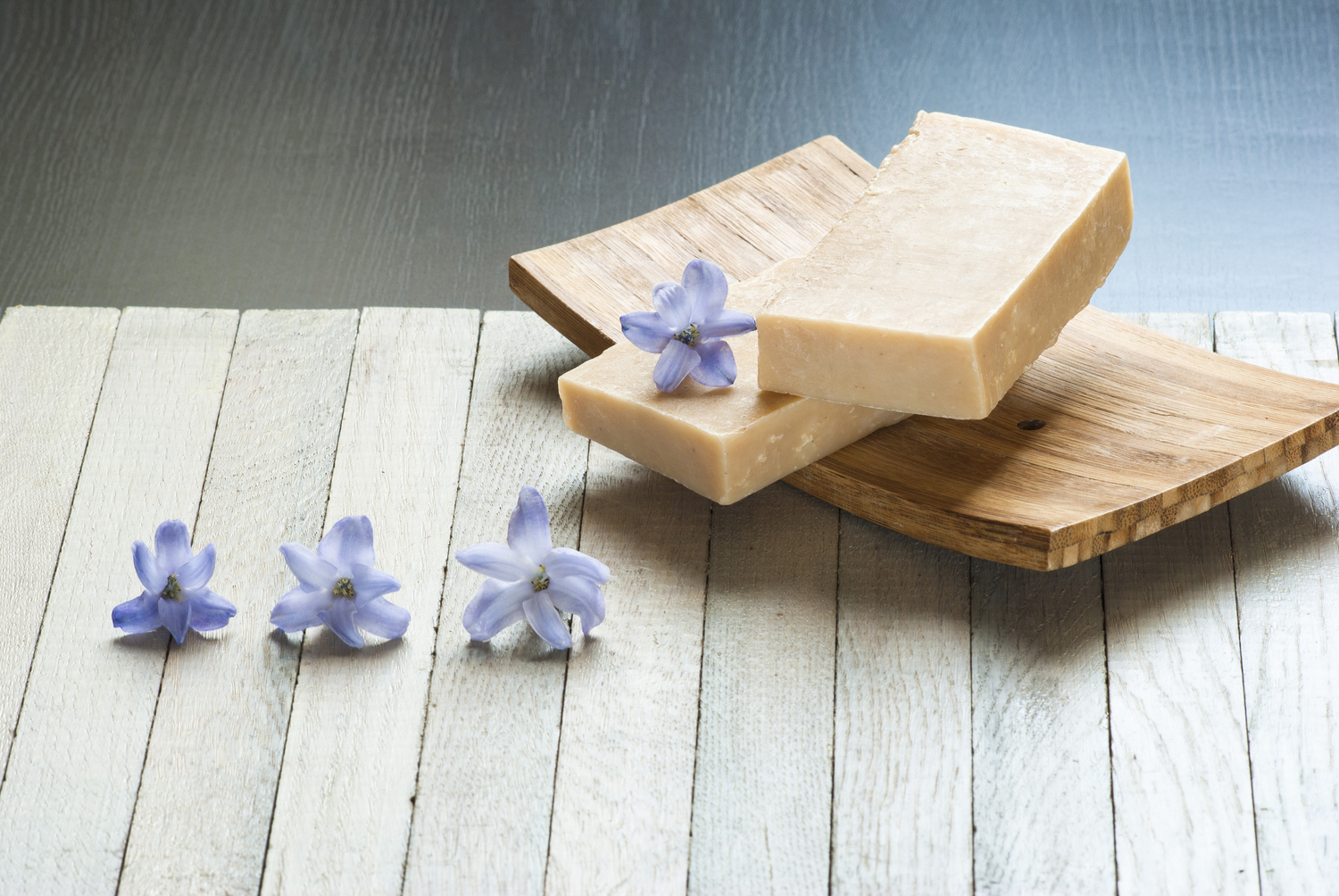
Products to Avoid With Itchy Skin
Many adults and children struggle with sensitive skin due to a myriad of health issues. For example, roughly 15 million Americans suffer from eczema (a form of atopic dermatitis); while approximately 7.5 million U.S. patients have psoriasis. Both conditions cause flare ups of symptoms that include redness, inflammation, itchy skin, scales, and blistered skin.
In addition to several doctor-prescribed treatments for itchy skin, such as Tremfya for plaque psoriasis, Stelara often prescribed for pediatric psoriasis, and Ponesimod for treating psoriasis, healthcare professionals also recommend avoiding itchy skin triggers, such as:
1. Steer clear of retinoid creams
Many health and beauty products contain a product called retinol, which is a form of vitamin A. The ingredient is common in creams and serums designed to combat wrinkles and aging. Unfortunately, retinol can have a drying effect on the skin. This means that, for those who already fight dry skin, creams with retinoids can have a worsening effect. Avoid retinol whenever possible to keep patches of eczema and psoriasis at bay.
2. Avoid soaps with propylene glycol
Many soaps contain propylene glycol, an ingredient intended to help soap penetrate the skin better. Because of this function, the component is harsh on the skin. Propylene glycol is often found in hand soaps, body washes, and even shampoos. Unfortunately for those with sensitive skin, this ingredient can worsen irritation by creating inflammation.
3. Stay away from harsh laundry detergents
Be aware that certain laundry detergents can be detrimental to the skin. In particular, detergents with heavy fragrances or other harsh ingredients can make eczema and psoriasis worse by surface contact. Avoid products like this because they can cause skin irritation to spread. Try fragrance-free detergent instead.
4. Be wary of aluminum-based antiperspirants
Antiperspirants use aluminum to prevent underarm sweating, which can be a helpful effect. The downside, however, is that aluminum can cause issues with those suffering from common skin conditions. Aluminum works in antiperspirants by blocking up the pores and glands on the applied area. When applied to sensitive skin, though, the product can cause itchiness, discomfort, and inflammation. Try deodorants and antiperspirants with more natural ingredients that are gentler.
5. Avoid fragrances containing ethanol
Ethanol, the chemical compound in alcohol, is a widely-used ingredient in colognes, perfumes, and scented lotions. These products have a drying effect on the skin that makes them particularly bad for those suffering from eczema or psoriasis. The drying effect is because ethanol draws moisture away from the surfaces that it contacts. This reaction makes it harmful for all types of skin, but especially sensitive skin.
6. Look out for certain essential oils
While essential oils can be useful in some situations, they are often harmful to the skin if applied directly. Oils like lemon, peppermint, cinnamon, and clove are among those that may provoke adverse reactions on sensitive skin. By damaging the skin’s barrier function, these and other oils prevent the epidermis from healing properly and sealing in moisture. Even diluting harsh oils with water or coconut oil can still be dangerous for the skin.
Common skin conditions such as eczema and psoriasis are frustrating and hard to deal with. Fortunately, there are simple steps that can improve these conditions. Avoiding substances like those listed above can help the skin stay moisturized and minimize inflammation.


